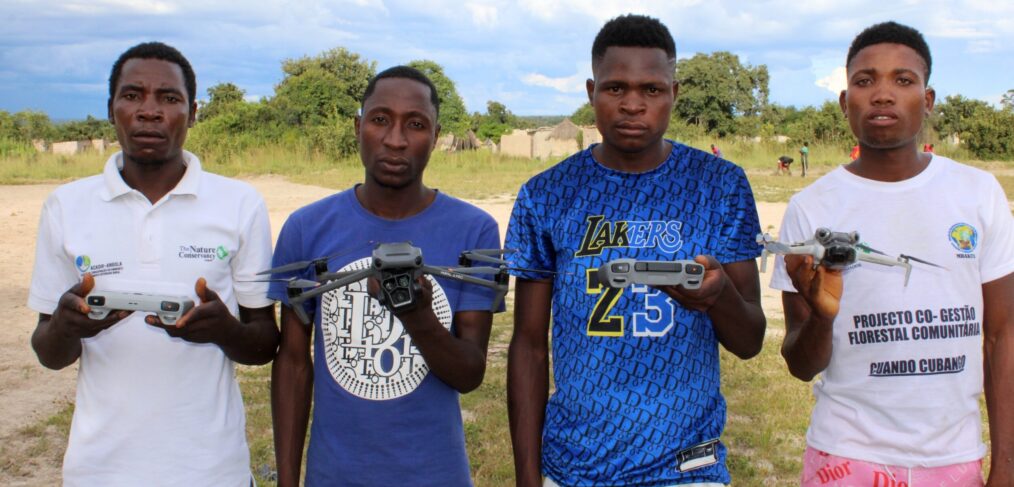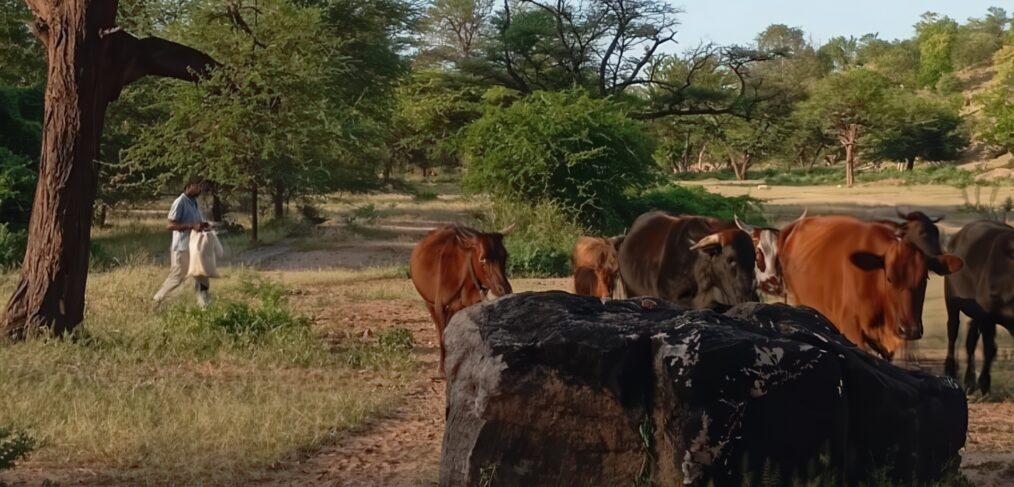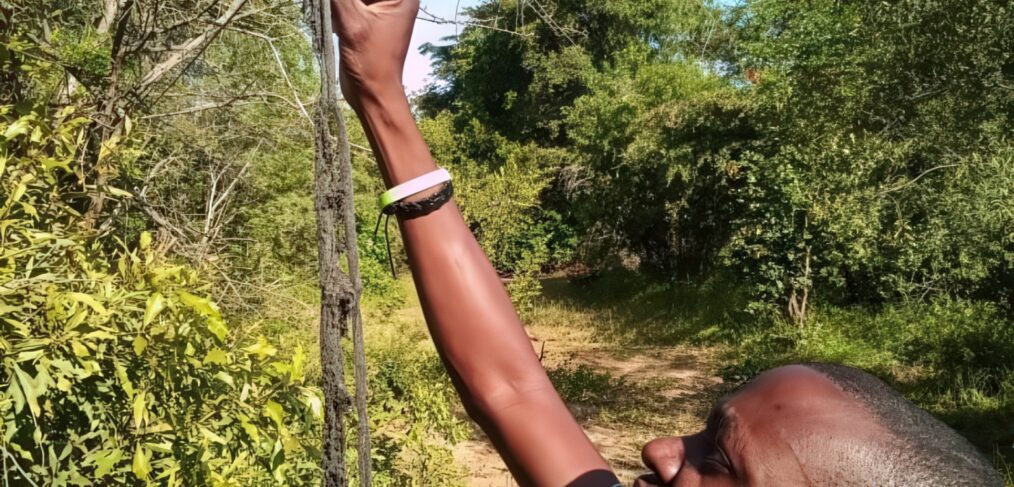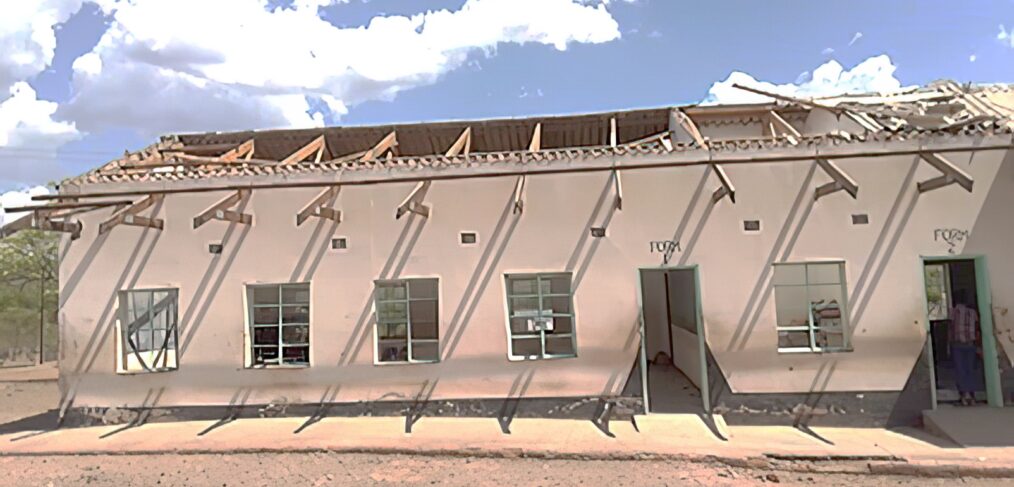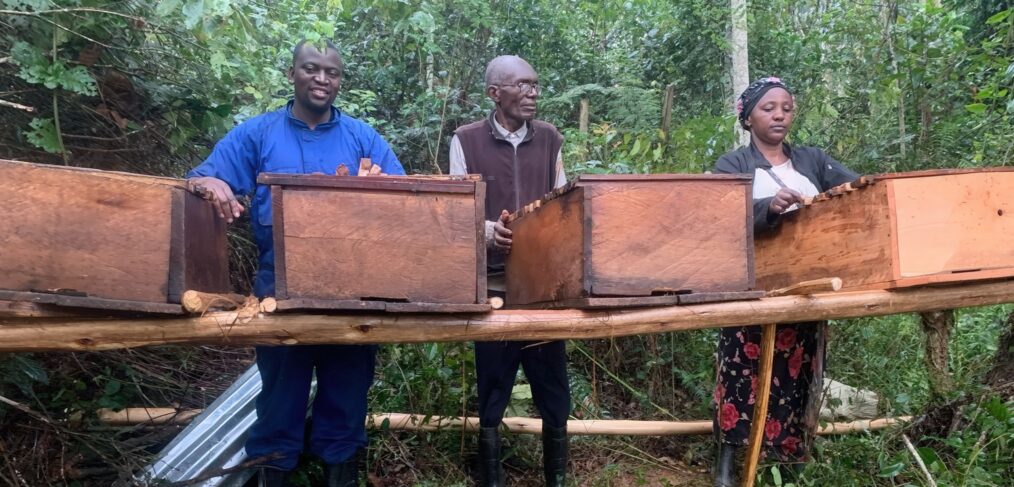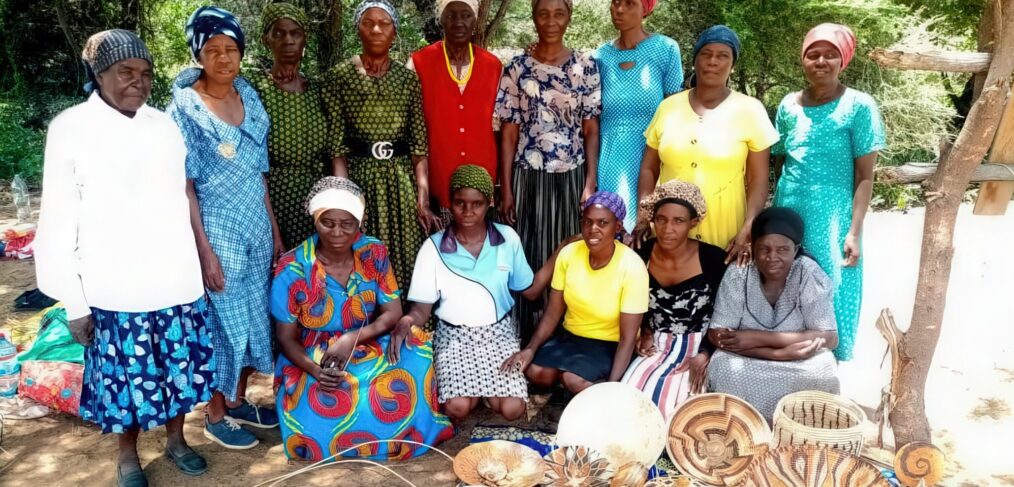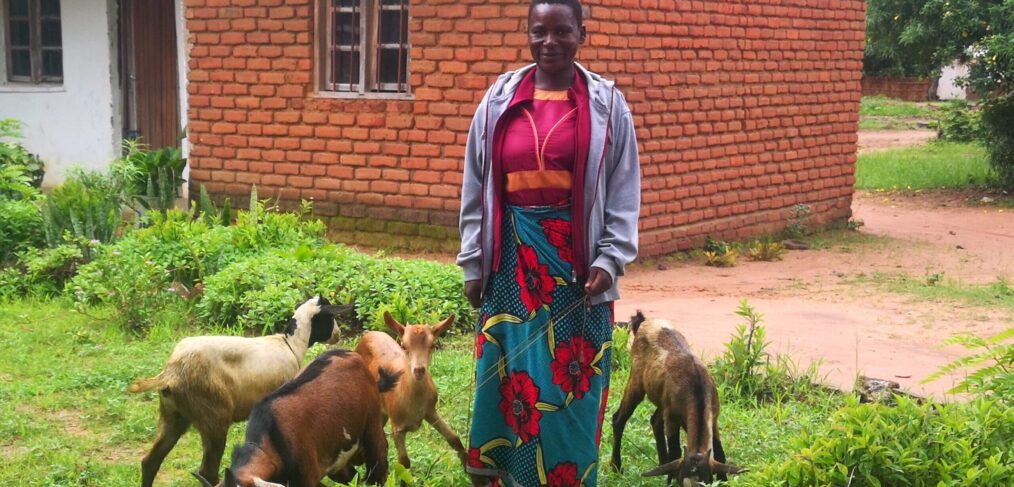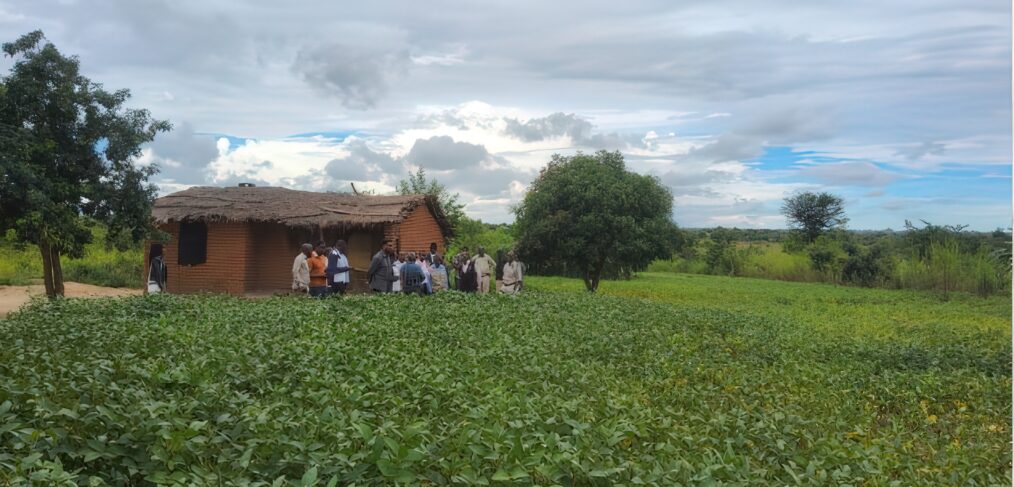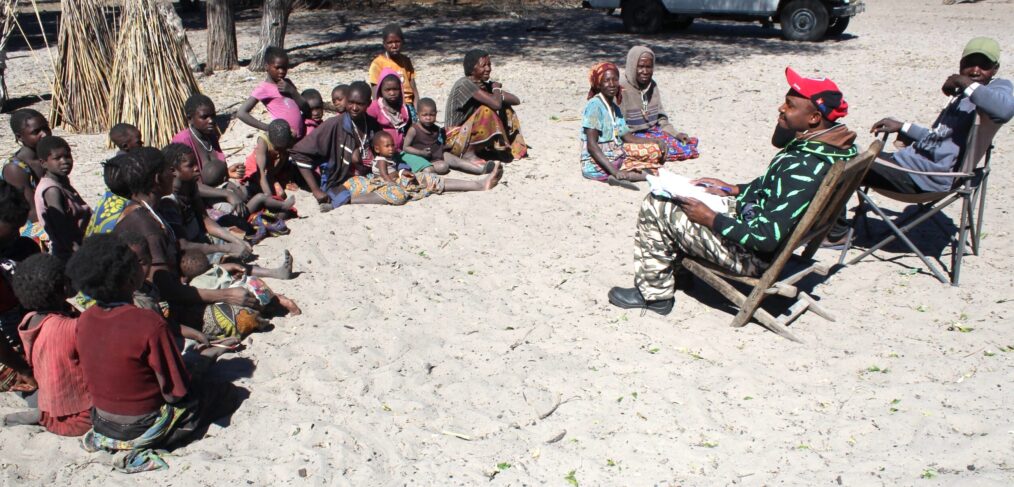Introduction
Technological advances can contribute significantly to the conservation and management of nature, but these must be matched with the local knowledge of communities to be truly effective. It is in this context that the Association for the Conservation and Management of the Environment and Wildlife (ACGAVS) is starting to use unmanned aerial vehicles (commonly known as drones) to monitor community forests and national parks alongside local communities.

